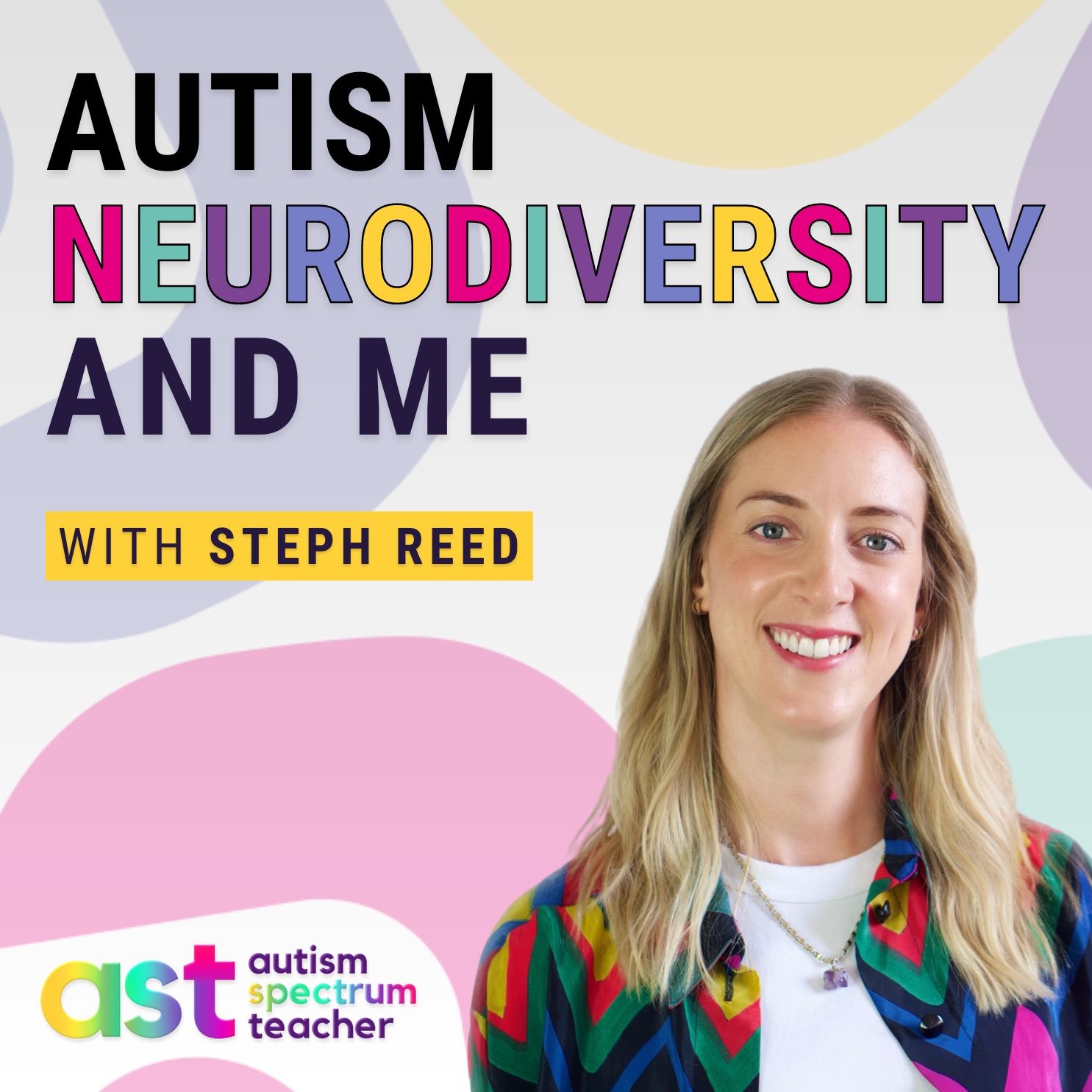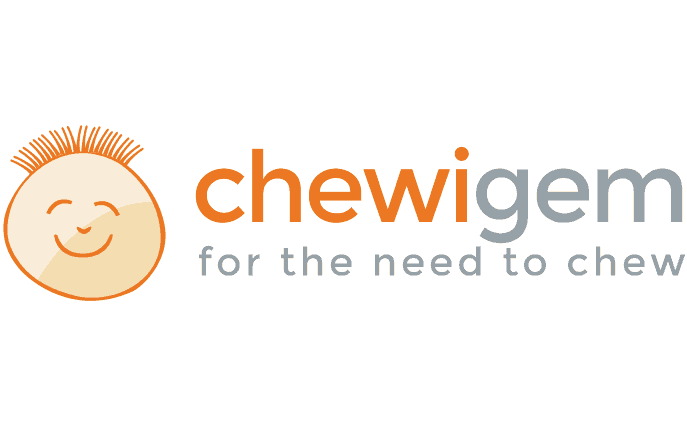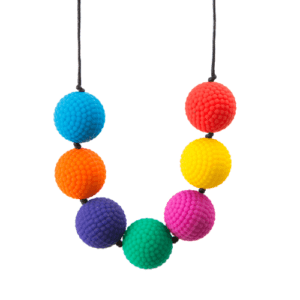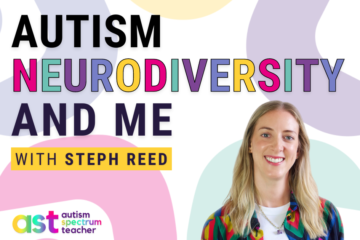Table of Contents
Podcast: Play in new window | Download
Subscribe: Spotify
Podcast Episode Notes
In this episode of the podcast, it was a pleasure to speak with Jenny McLaughlan, the founder of Chewigem.
As well as being a support community for different sensory needs, Chewigem have designed and created a range of chewing, fidget and sensory aids for children and adults.
Sensory needs
Our brain processes the sensory information around us; what we see, hear, smell, taste and touch, as well as how it makes us feel; temperature, balance and pain.
Some people, including many autistic individuals, may experience extremely heightened senses where sensory input is exceptionally amplified, or on the other hand, barely registered.
This differs from person to person and presents differently in each individual.
Sensory seeking
For individuals with under sensitive senses, they may seek out different sensations in order to get the sensory feedback.
Examples of sensory seeking behaviours include chewing or repeatedly seeking out sensations such as smells or touch through hugs, tight clothing or feeling specific textures.
Chewigem
In the podcast episode, Jenny tells us the story behind Chewigem. How it started as a baby chew and expanded to support people of all ages.
‘Chewies’, ‘chew toys’ or sensory supports can help those to receive sensory input, in a safe way. For example, I have taught children who will chew on their clothes, toys or anything around them.
Jenny explains how Chewigem is supporting the community by providing supports that have been purposely made for the function of giving sensory feedback, such as wearable chewing resources such as these:
Chewigem also provides support to help those needing advice on how to find the right supports for individual sensory needs on their website and Facebook group.
Jenny describes how a lot of people find Chewigem by searching ‘how to stop chewing’. When people learn that chewing has a sensory function and begin to accept chewing, there are different types of chew supports available that can help.
When chewing is managed in a safe and controlled manner, this can support someone to focus and be better regulated. This can therefore have a positive impact on learning, confidence and wellbeing. Jenny tells us some very positive success stories!
Chewigem are supporting the community to embrace their needs, not feel bad about it and instead, feel confident in talking about it.

Join Autism Specialist Teacher Steph Reed as she dives into the world of autism and neurodiversity in education. With a deep passion for enhancing teaching practices and outcomes for autistic and neurodivergent learners, Steph shares practical insights, expert advice, and real-life experiences. Alongside inspiring guests, she also shares her own journey with neurodivergence. Whether you're an educator, parent, or advocate, this podcast offers valuable tools to create inclusive and supportive learning environments.





